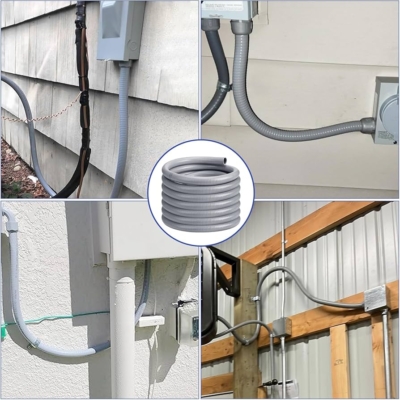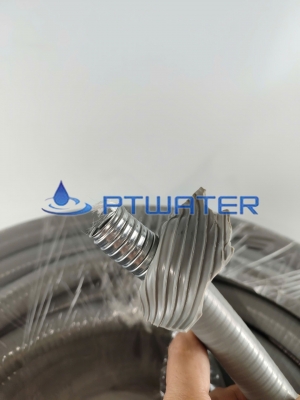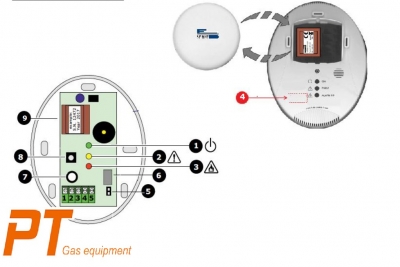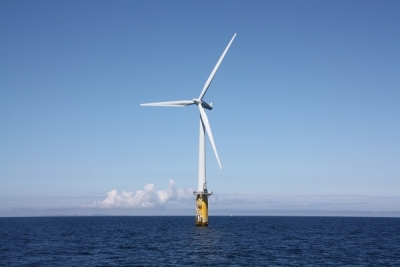Hanoi has a number of trade villages and craft villages accounting for 40% of craft villages in the country, attracting nearly 750 thousand laborers. However, with the “hot” development, the environmental quality in craft villages is seriously threatened by pollution of water, waste, dust and noise, while pollution and wastewater treatment. has not been given adequate attention.
As planned, Hoai Duc district has 3 processing stations for craft villages, but until now, only Cau Nga-Duong Lieu wastewater treatment station with a treatment capacity of 1,000 m 3 / day / night has been built. The project of treating craft village wastewater in Son Dong commune was approved in 2013, with a capacity of 8,000 m 3 / day / night, total investment of VND 231 billion is currently behind schedule.
TP Hanoi currently has 70 industrial clusters, up to now 19 industrial clusters in the capital have been invested in centralized wastewater treatment system and put into stable operation; 5 clusters have completed the centralized wastewater treatment system, but have not yet officially operated; 2 clusters have invested in waste water treatment systems but are not operating. Meanwhile, up to 44 industrial clusters do not have a centralized wastewater treatment system, wastewater from production facilities is still discharged directly into the environment.
For example, Thach That district has 7 industrial clusters, but only Phung Xa mechanical and metal industrial clusters and Binh Phu industrial clusters have wastewater treatment systems. However, in Binh Phu industrial cluster, although there is a wastewater treatment system with designed treatment capacity of 600 m 3 / day / night, only 10 facilities have been connected to the treatment system so far. This causes waste in the operation of the wastewater treatment plant and does not have enough maintenance funding.
At Phung Xa Mechanical and Metal Industrial Cluster, the wastewater treatment system has existed for a long time, but due to obsolete technology and degraded infrastructure, it has only been able to handle metal plating wastewater of 15 production households. More than 300 businesses and other facilities are still struggling to find ways to treat wastewater …
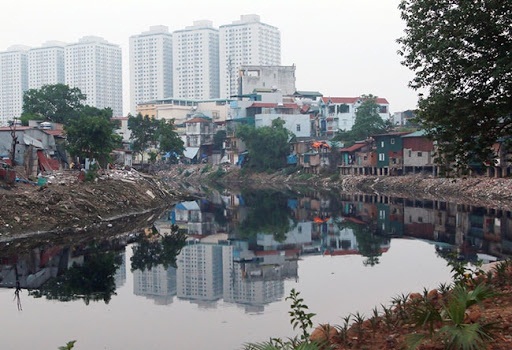
Encourage production with environmentally friendly technology
Recently, at the monitoring session on the implementation of the law on wastewater treatment in industrial clusters in Hanoi organized by the City Council of City Council, many opinions expressed concern about the into a target of 100% of industrial clusters with a wastewater treatment station in the term of 2015-2020. Deputy Head of the Department of Economy and Budget of Vu Ngoc Anh City People’s Council suggested that the city should inspect and examine a number of projects that have invested in waste water treatment stations so far. These projects should be supervised, avoiding the situation where the state budget capital is not used effectively.
The collection and treatment of waste water has long been TP. Hanoi follow the ordering mechanism. However, because the method of collecting wastewater treatment services is not attractive, it is unclear the mechanism to return the investment capital, especially the project with a large investment rate, so it does not attract investors. To overcome this situation, the governing body should coordinate with the concerned branches to adjust and complete the draft Program of supporting investment in technical infrastructure of industrial clusters in the city. Hanoi period 2020-2023, supporting investors to build centralized wastewater treatment systems in accordance with regulations.
Overcoming the shortcomings of the previous time, during the past one year, when building and clearing 43 industrial clusters of handicraft villages, the city has focused on building synchronous infrastructure, paying attention to environmental protection and centralized wastewater treatment.
In the trade village industrial clusters, the City requires that only workshops allowed to be built, giving priority to the development of traditional occupations, encouraging the development of clean and high-tech industries. In addition, the City has also promoted socialization of investment, built wastewater treatment stations, strived to complete the set targets.
Some environmental experts said that the local environmental management agencies in the localities where the trade villages are located should soon develop specific standards on wastewater for each trade village and take measures to supervise and manage them. rigid. Along with that, there are also appropriate propaganda measures to raise people’s awareness about sustainable and environmentally friendly production methods. At the same time, it is necessary to have open policies and mechanisms to encourage production households with environmentally friendly technologies, ensuring the goal of developing sustainable craft villages in the future.

